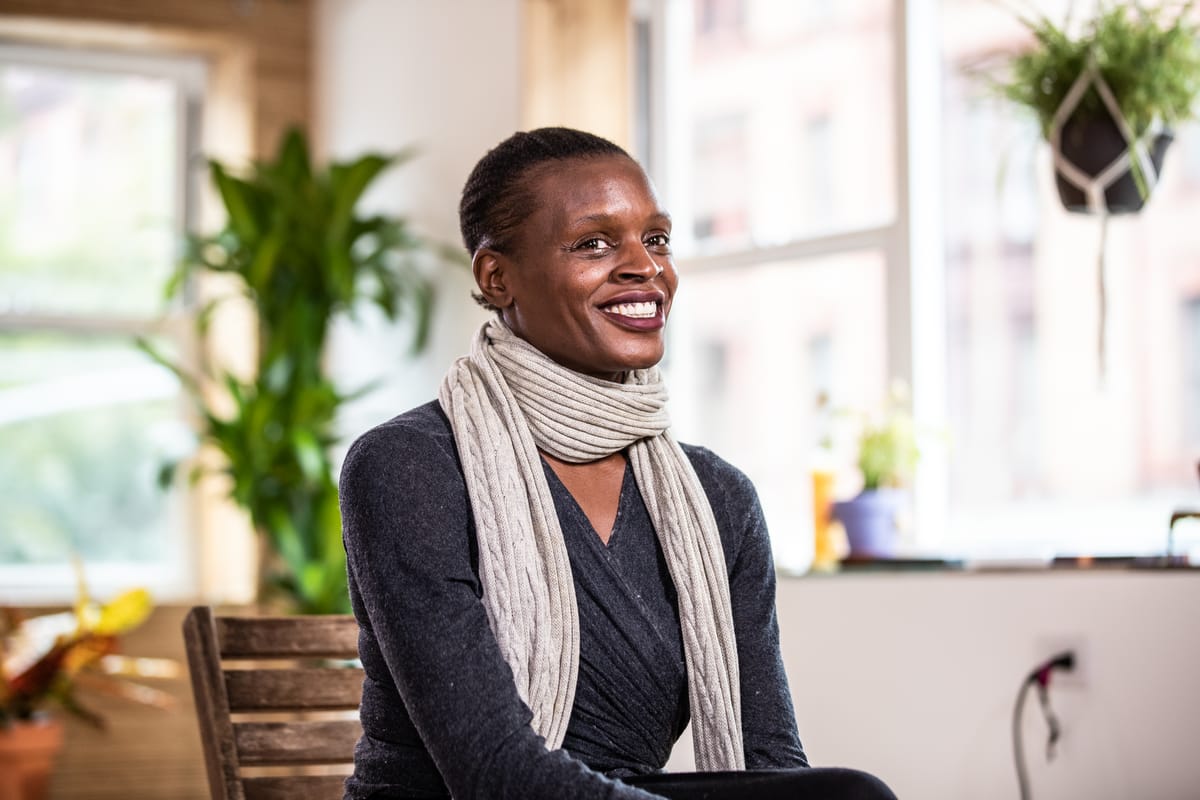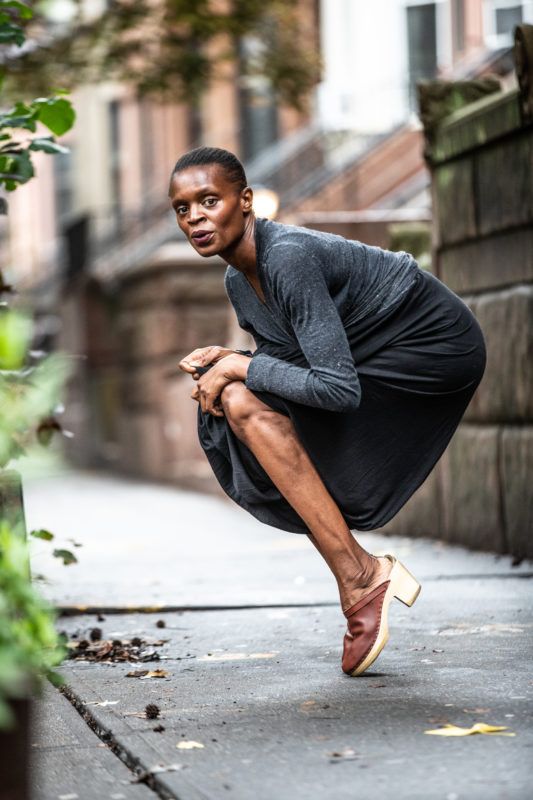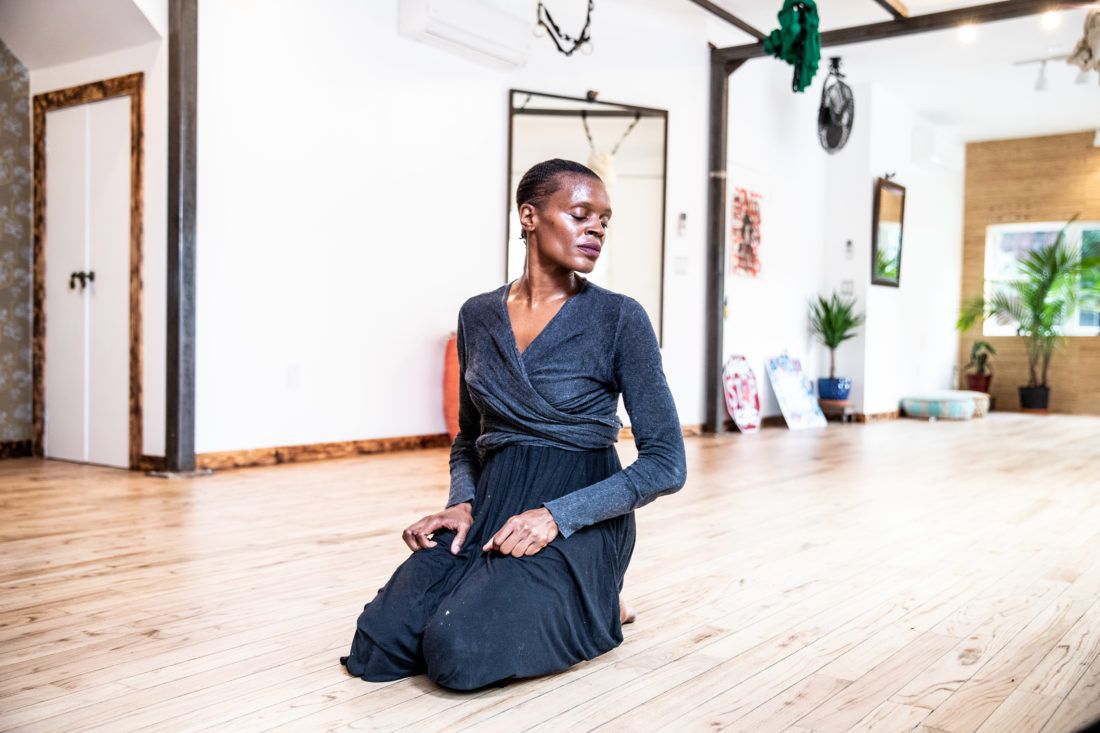Brooklyn Dancer Named MacArthur Genius – Meet Okwui Okpokwasili

BEDFORD-STUYVESANT – MacArthur recipient Okwui Okpokwasili took ballet classes as a child but her performance style is rooted in her Nigerian heritage, interest in Japanese dance and the desire to highlight an underrepresented narrative in the arts — “the complexity of the black woman.”
“I guess I’m always looking for the nature of the dance in particular narratives,” she said.
The MacArthur Foundation tapped Okpokwasili, 46, of Bedford Stuyvesant for her work in performance and choreography. The prestigious fellowship goes to candidates who show originality and dedication in their work, and last year, journalist Nikole Hannah-Jones of The New York Times Magazine—another Brooklynite—was part of the cohort of recipients. Each of the 25 “MacArthur Geniuses” selected this year will receive $625,000 over five years.

For Okpokwasili, the grant is a chance to continue her experimental productions on the strength and tenacity of women of color through theatre, visual arts and “durational movement.” The quaking movements and body shuddering in her “Bronx Gothic” (2014) and “Poor People’s TV Room” (2017) productions represent intimate and large-scale conflicts black women have endured and overcome. The artists named the Bring Back Our Girls Movement based on the Boko Haram kidnappings of nearly 300 Nigerian women as an example.
“Maybe some of that is in me,” Okpokwasili said to explain her perseverance with an art form as unique as the one she performs.
Born and raised in the Bronx, Okpokwasili is the middle child of Nigerian immigrant parents. Okpokwasili said she was first introduced to the Japanese dance method Butoh (a silent performance that displays extreme visual movements) and its founders Hijikata Tatsumi and Ohno Kazuo as early as 1996. By 1998 she made her first visit to a body weather farm which practices the art form.
“All my ideas of what is beautiful to watch shifted,” Okpokwasili said.

But the artist admits the early days of performing are built on love, sweat and community and fashions the style to the early days of hip-hop, before the musical genre became a billion dollar industry. Okpokwasili recounted a time when two audience members left in the middle of her performance, leaving behind just two others. At the same time, she acknowledged the evolution of what she has made of the unique art form.
“I sometimes feel like with art workers, art makers, dance makers, performance makers, a lot of people have to be convinced of the value, especially if it’s not generating an immediate economic shift,” said Okpokwasili reflecting on her “year of incredible abundance.”
In addition to the MacArthur Fellowship Grant, Okpokwasili received a Doris Duke Award and Herb Alpert Award.
Okpokwasili’s next project focuses on the growing trend of African-American women sporting their natural locks. Adaku’s Revolt is about a young girl who resists straightening her hair but finds it has special powers. The production launches in Manhattan.
The artist is also working on an unnamed venture that engages the public to create an improvisational song.
“When we’re looking at performance, there are ways for us to become more connected to each other,” she said. “That practice is fundamental to building communities and bonds of kinship.”



